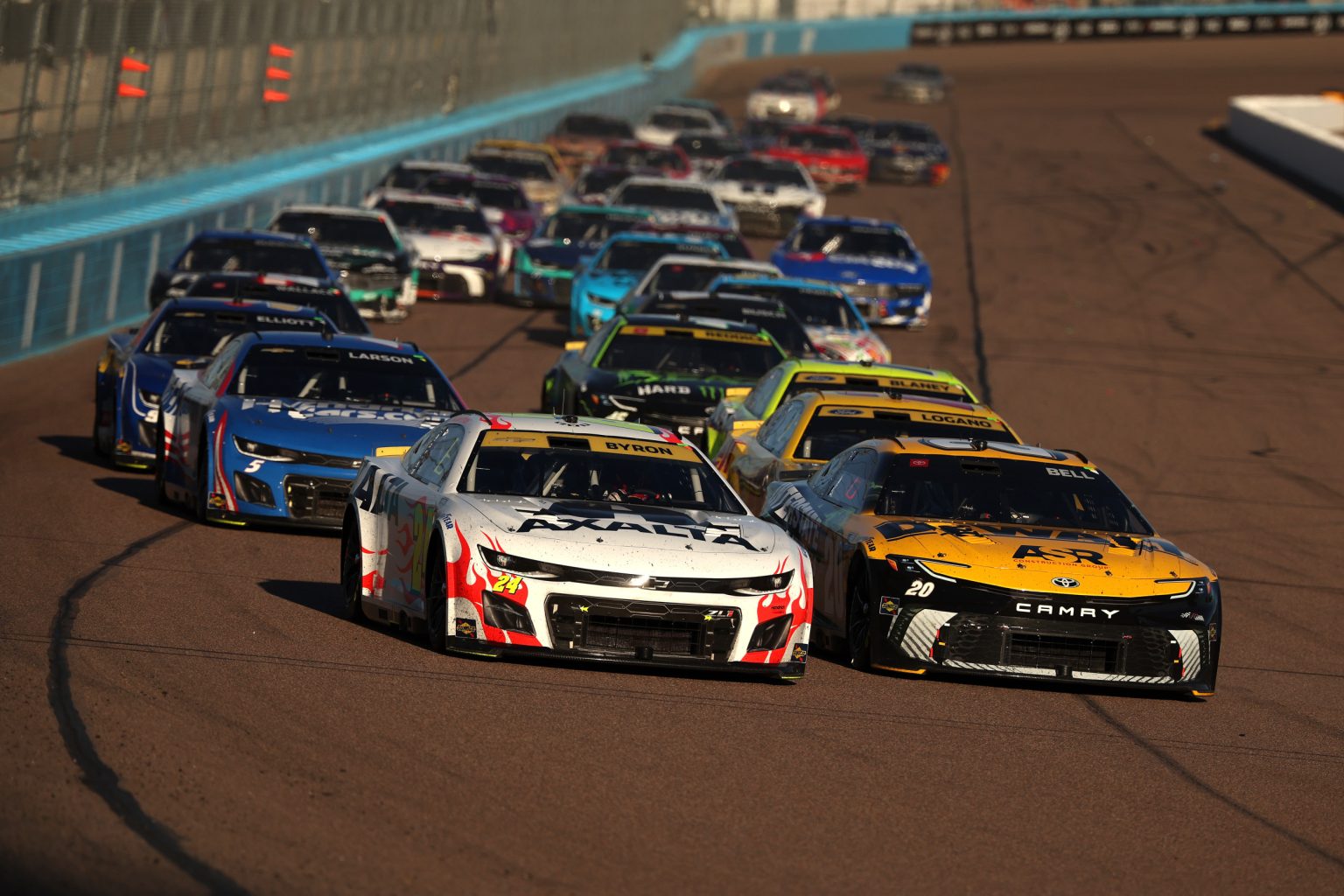The heart of this legal battle lies in the clashing perspectives of NASCAR and two of its racing teams, 23XI Racing and Front Row Motorsports. The teams accuse NASCAR of wielding monopolistic power, particularly through its charter system, while NASCAR portrays itself as the rightful steward of the sport, acting fairly and in the best interests of all stakeholders. This fundamental disagreement sets the stage for a complex legal showdown, with significant implications for the future of stock car racing.
At the core of the dispute is the charter system, implemented by NASCAR in 2016. This system guarantees 36 cars starting spots in each race, provided they meet performance standards. These charters, unlike previous race entry methods, are valuable assets that can be bought, sold, or leased. However, the contracts governing these charters are subject to NASCAR’s control and can be revoked. The conflict ignited during negotiations for a new charter agreement, extending to 2031. 23XI Racing and Front Row Motorsports, the only teams refusing to sign, contend that the new agreement’s terms are anti-competitive, unfairly benefiting NASCAR’s affiliated tracks and suppliers. They allege that NASCAR threatened to dissolve the entire charter system if teams didn’t sign by the deadline, a move they perceive as coercive and monopolistic.
A federal judge recently denied NASCAR’s motion to dismiss the antitrust lawsuit, paving the way for a deeper examination of the evidence and arguments. Judge Kenneth D. Bell acknowledged the starkly contrasting narratives presented by both sides. The teams depict NASCAR, led by the France family, as wielding excessive control over the sport, imposing restrictive and unfair terms. Conversely, NASCAR and the France family see themselves as the architects of a beloved racing series, having established the charter system through fair and mutually beneficial agreements. The judge recognized the need for a thorough investigation to determine the factual basis and legal implications of the dispute, emphasizing the importance of discovery and trial proceedings.
Further complicating the matter is NASCAR’s unsuccessful attempt to impose a substantial financial burden on the plaintiff teams. The organization sought a bond exceeding $10 million per car, arguing it would suffer significant damages if the teams continued to race under the disputed charter terms. Judge Bell rejected this request, citing the uncertainty and lack of quantification of NASCAR’s alleged damages at this stage. While waiving the bond requirement, the judge clarified that NASCAR retained the right to seek reimbursement for any harm later proven to have resulted from the injunction allowing the teams to continue racing under the previous charter terms.
The high-profile nature of this case is amplified by the involvement of prominent figures such as Michael Jordan, co-owner of 23XI Racing. The lawsuit’s central argument accuses NASCAR of leveraging its position to create a monopoly, benefiting the France family financially while potentially compromising competitive balance within the sport. The plaintiff teams assert that the new charter agreement stifles healthy competition and places them at a disadvantage. The case is scheduled for trial in December 2025, although this timeline could be affected by potential settlements or further court rulings.
NASCAR has already indicated its intent to appeal a preliminary injunction that permits the two teams to participate in races under the disputed charter terms for the 2025 season. This appeal underscores NASCAR’s commitment to defending its position and the existing charter system. The ongoing legal battle will likely continue to generate intense scrutiny, with its outcome potentially reshaping the landscape of professional stock car racing in the United States. The case raises fundamental questions about the balance of power within the sport, the fairness of the charter system, and the long-term implications for competition and the financial well-being of participating teams.

